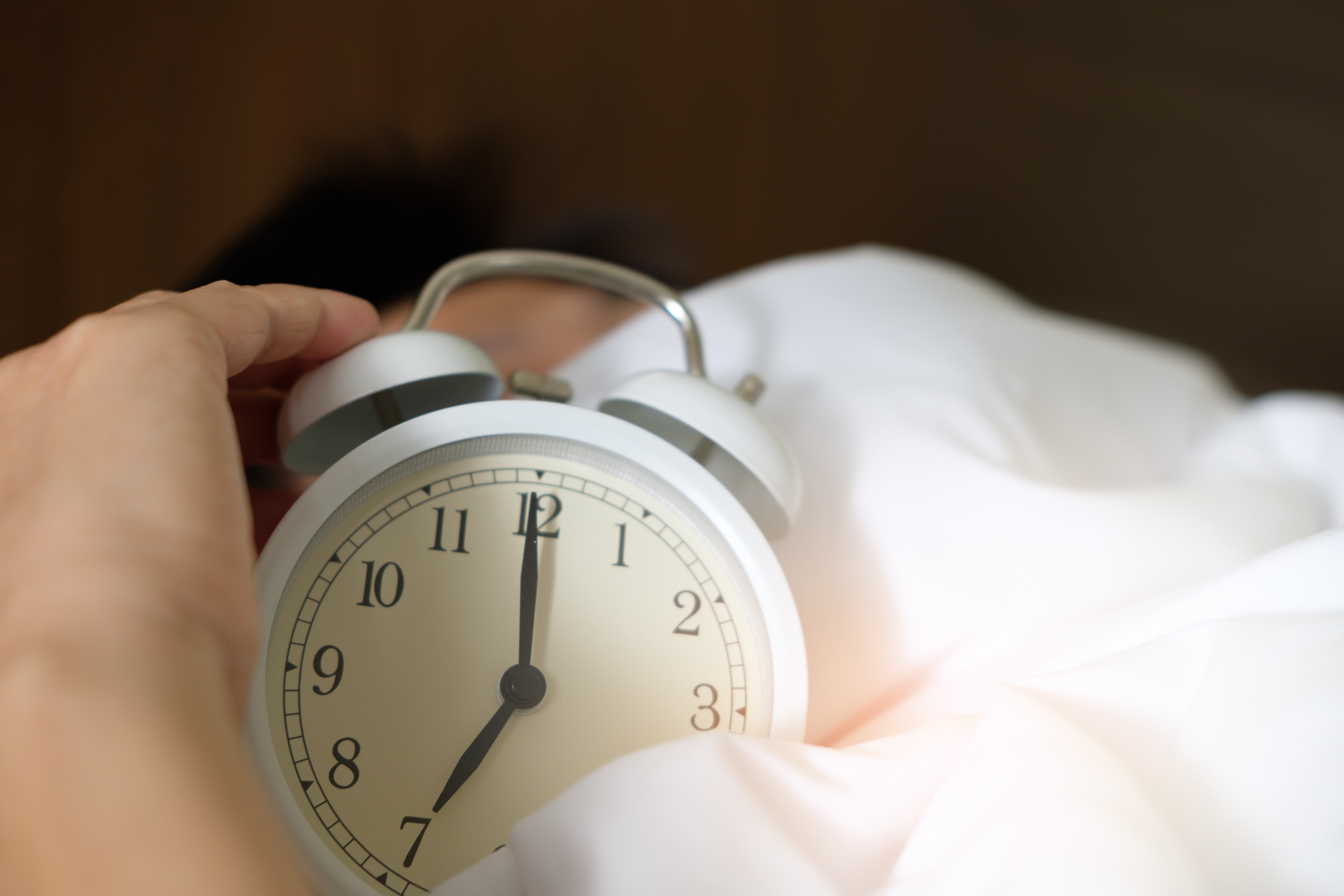Imagine this: You’re fast asleep on a Friday morning when suddenly your alarm clock disrupts your peaceful slumber. “Just five more minutes, then I’ll get up!” you say as you smash down the snooze button on your clock. We’ve all been there at least a few times before, amiright?
Well, it turns out that hitting the snooze button isn’t actually worth those extra z’s you think you’re catching. In fact, a recent study by research experts at The Sleep Judge found that sleeping in for 10 or 20 extra minutes can seriously impact your physical and mental health. Here’s why you should stop hitting the snooze button and what to do instead.
Snoozing Isn’t Restful Sleep
Thanks to a phenomenon called “sleep inertia,” nearly 70 percent of us hit the snooze button each morning because our body resists the call to wake up. However, studies show that hitting the snooze button actually increases sleep inertia — which causes us to feel groggy, fatigued, stressed, and unable to focus.
What’s more, hitting the snooze button actually disrupts REM sleep. Once a stage of sleep is interrupted, your body must start the entire process over. This means that you don’t actually obtain restful, restorative sleep during those short intervals between alarms.
Snoozing Increases Stress
While most people believe that stress causes sleep issues, research shows that the relationship actually works both ways. The recent Sleep Judge study found that hitting the snooze button even just once per morning increases stress. In fact, 60 percent of people who hit the snooze button felt constantly stressed.
Mashing the snooze button causes stress for a multitude of reasons. For starters, hitting snooze often gives you less time to get ready in the morning, which leaves you feeling rushed and even panicked. This rushed feeling can last for the entire day, which further strains your brain and body. What’s more, disrupted sleep patterns can cause memory loss, and forgetfulness often compacts stress.
Stop Pushing Snooze
While hitting snooze doesn’t help you clock in any quality sleep, there are plenty of ways to gain some peaceful slumber and start the day off right. First and foremost, make sure that you’re following a well-established, beneficial nighttime routine that allows you to get the recommended seven to nine hours of sleep each night. Set up your sleep space that’s dark, comfortable, and free of potential sleep disruptions.
Also, studies show that your morning routine and daily habits impact your sleep almost as much as your actual nighttime regimen, so be sure that you’re finding ways to start your day off right. Make the choice to wake up at the time the alarm is set, or adjust your schedule to better align with your sleep patterns.
While hitting the snooze button may be a habit that you’ve grown accustomed to, now is the perfect time to start a new approach to waking up. Once you ditch the snooze button, you’ll find that you feel better in the morning and accomplish more throughout the day.


